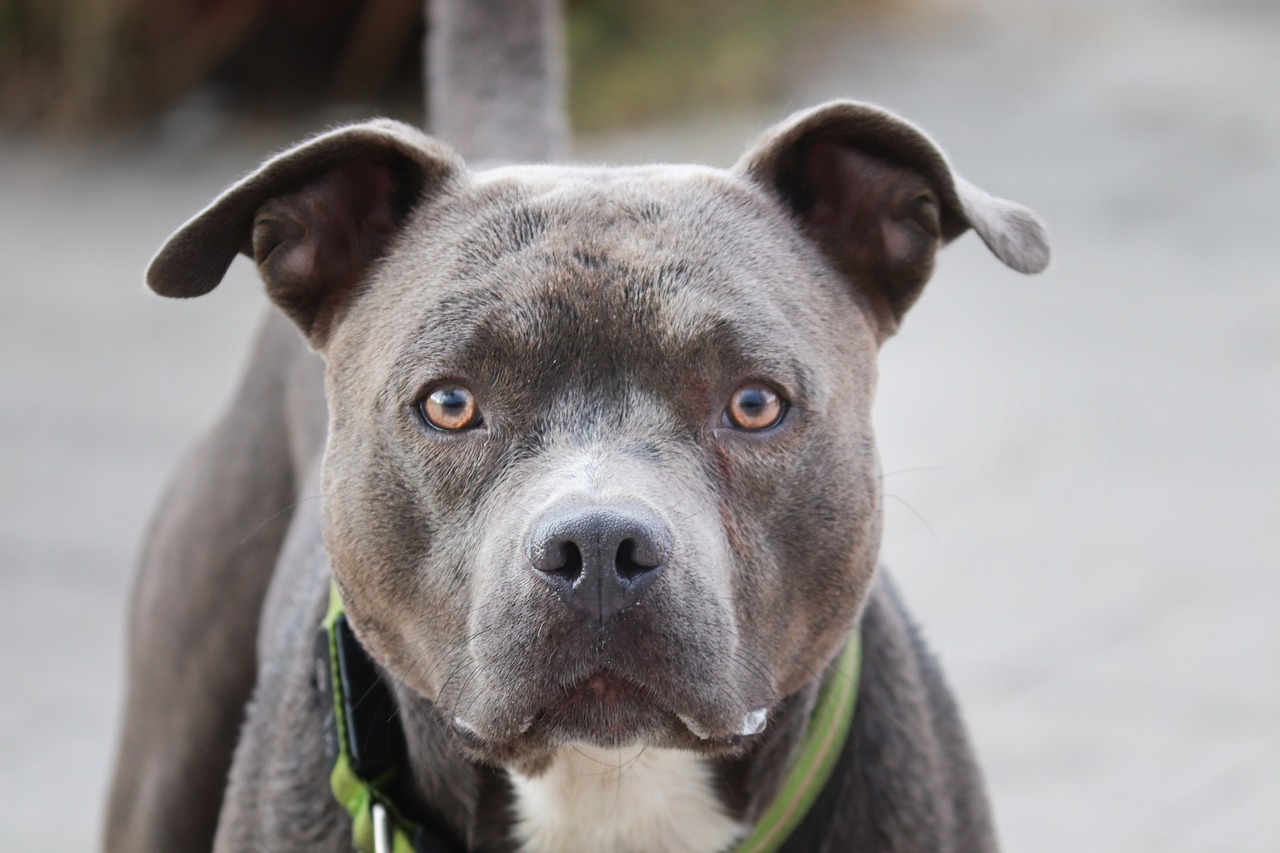Frequently Asked Questions A Pit Bull Owner Might Ask Before Neutering Their Pit Bull
1. At what age should I neuter my male Pit Bull?
Neutering is typically recommended for male Pit Bulls between six months to one year of age. This age range is advised to balance the benefits of early neutering, such as reduced aggression and less risk of unwanted breeding, with proper physical and hormonal development. Consult with your veterinarian to determine the best timing based on your dog’s health, breed characteristics, and lifestyle.
2. Are there any long-term health risks associated with neutering my Pit Bull?
Neutering can influence the risk of specific health issues, such as obesity, joint disorders, and some cancers. Early neutering, in particular, might increase the likelihood of hip dysplasia and certain types of cancer, possibly impacting the dog’s physical development. It’s important to discuss these risks with your vet, considering your dog’s specific health profile and lifestyle.
3. Will neutering change my Pit Bull’s personality?
Neutering can impact your Pit Bull’s behavior, often leading to reduced aggression, less territorial marking, and decreased tendency to roam. However, it’s important to note that neutering is not a cure-all for behavioral issues, which can also be influenced by genetics, environment, and training. Your dog’s fundamental personality will largely remain unchanged.
4. Is the neutering procedure safe for my Pit Bull?
Neutering is a common and generally safe surgical procedure by a qualified veterinarian. As with any surgery, there are risks such as reaction to anesthesia or postoperative complications, but these are relatively rare. Your vet will assess your dog’s health beforehand to minimize risks.
5. How long does recovery take after neutering?
The recovery period for a neutering procedure typically lasts about 10 to 14 days. During this time, it’s crucial to keep your dog calm and limit physical activity to ensure proper healing. Your veterinarian will provide specific post-operative care instructions, including how to manage pain and keep the surgical site clean.
6. Will neutering my Pit Bull prevent future health problems?
Neutering can help prevent certain health problems, such as testicular cancer and some prostate issues. It can also reduce the risk of diseases related to hormonal imbalances. However, it’s not guaranteed against all health issues, and a balanced diet, regular exercise, and routine veterinary care remain essential.
7. Is there a difference between early neutering and traditional neutering?
Early neutering (before six months of age) and traditional neutering (around six months to one year) can have different impacts on a dog’s health and behavior. Early neutering is often associated with reduced risk of certain behaviors and health issues but can impact physical development and potentially increase the risk of some health conditions. Discuss with your vet the pros and cons of each based on your dog’s needs.
8. Can neutering help with aggression in Pit Bulls?
Neutering can help reduce certain forms of aggression, particularly those linked to territoriality and mating. However, it’s not a complete solution for aggressive behavior, which can also be influenced by genetics, upbringing, and training. A comprehensive approach including training and socialization is often necessary for managing aggression.
9. What are the alternatives to traditional neutering for my Pit Bull?
Alternatives to traditional neutering include vasectomy, where the vas deferens is severed but the testicles are left intact, and chemical castration, a temporary solution using hormone-altering injections. These alternatives have different implications for health, behavior, and hormonal balance, and should be discussed in detail with your veterinarian.
10. How much does it cost to neuter a Pit Bull?
The cost of neutering a Pit Bull can vary widely depending on your location, the veterinary clinic, and the specific needs of your dog (such as size and health status). Prices can range from $50 to several hundred dollars. Some animal shelters and non-profit organizations offer low-cost neutering services, so it’s worth exploring different options in your area.

 Toledo, United States.
Toledo, United States.